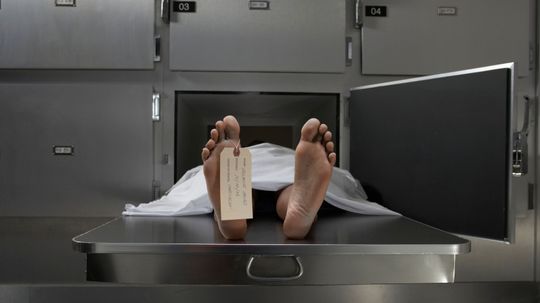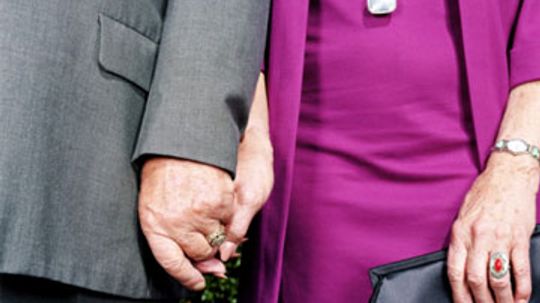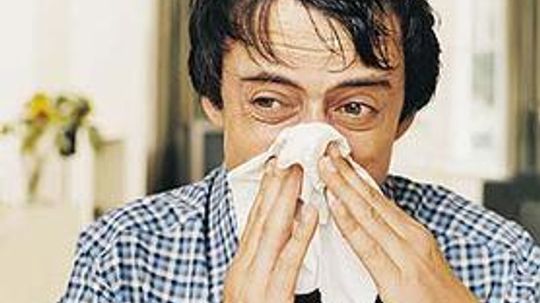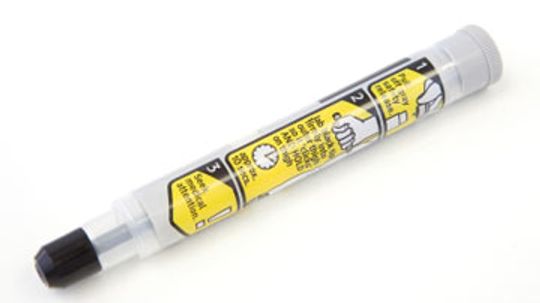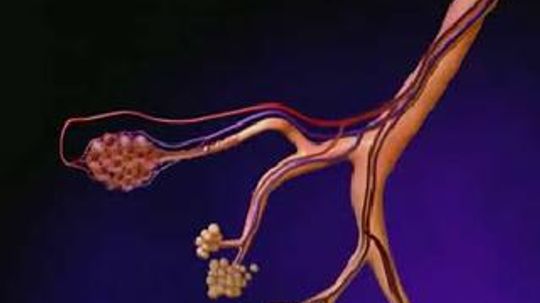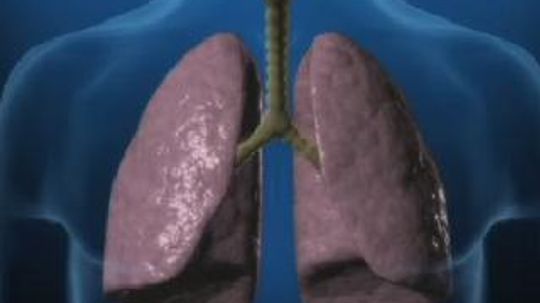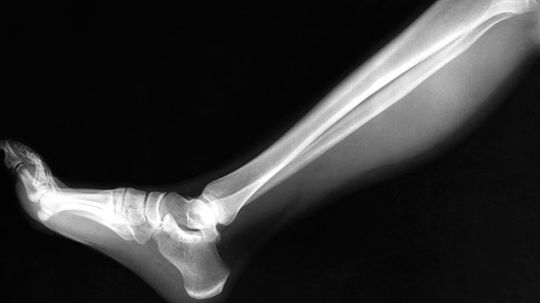Diseases and Conditions
Know how to prevent, treat and control the symptoms of various diseases and medical conditions. We explain what's happening in your body when disease strikes, and what you can do to feel better faster.

Can Pollen Allergies Make You Tired?
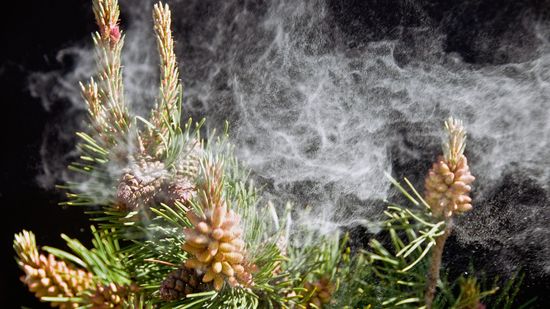
The Science Behind the Pollen Count

Why There Is So Much Confusion About Who Has Food Allergies
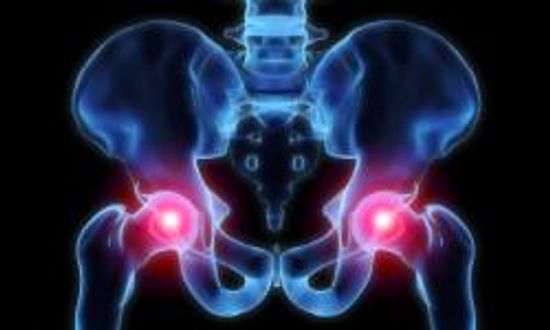
Are there stretches you can do for osteoarthritis of the hip?

How do you cope with multi-level degenerative osteoarthritis?

Do You Need to Have a Positive Attitude to Beat Cancer?
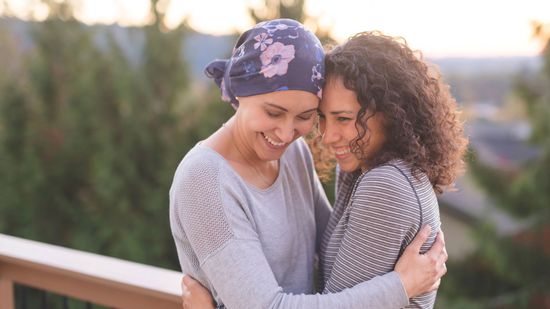
8 Thoughtful Ways to Help a Loved One Going Through Chemo

Why Is Pancreatic Cancer So Deadly?
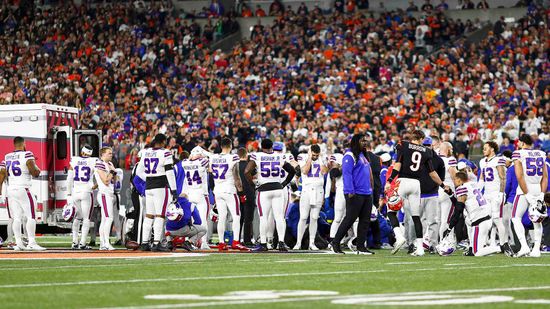
What's the Difference Between Cardiac Arrest and a Heart Attack?
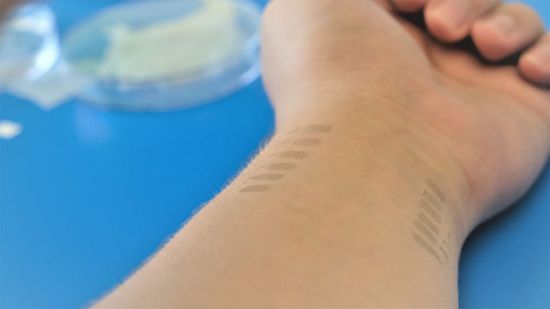
How the Graphene Blood Pressure Tattoo Will Change Monitoring
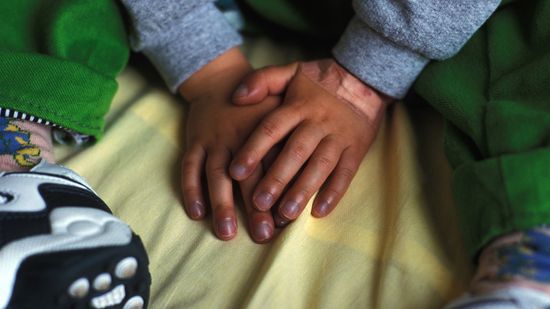
Cyanosis: Why Your Fingers Turn Blue
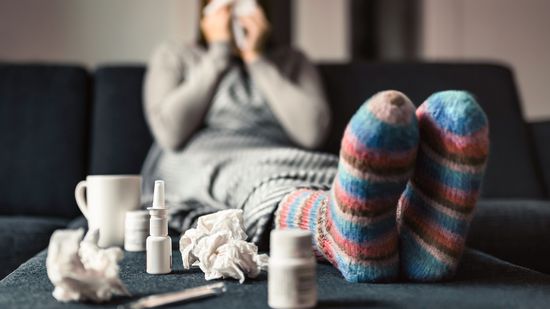
What's the Worst Day of Common Cold Symptoms?
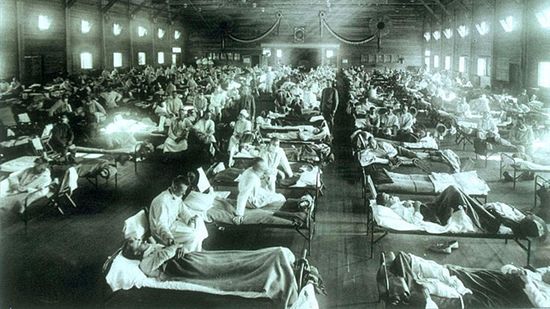
The 1918 Spanish Flu Killed Millions — and Experts Fear It Could Happen Again
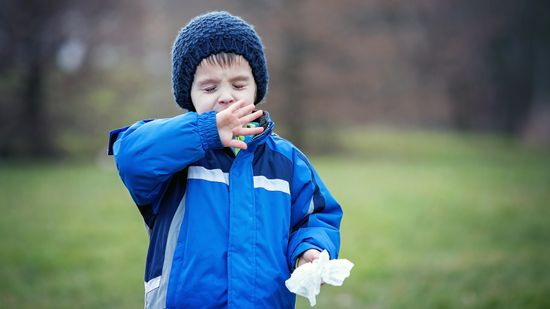
Can the Change in Temperature Really Make You Sick?
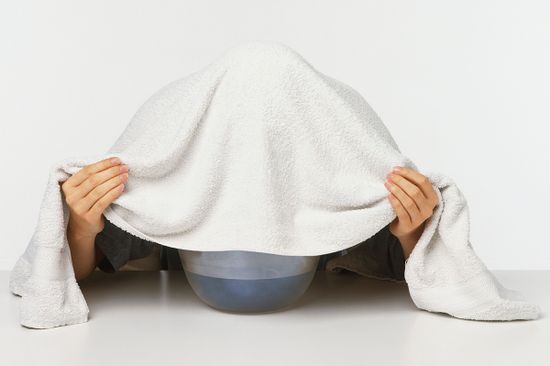
10 Tips for How to Relieve Sinus Pressure

4 Occupations Prone to Sinus Trouble
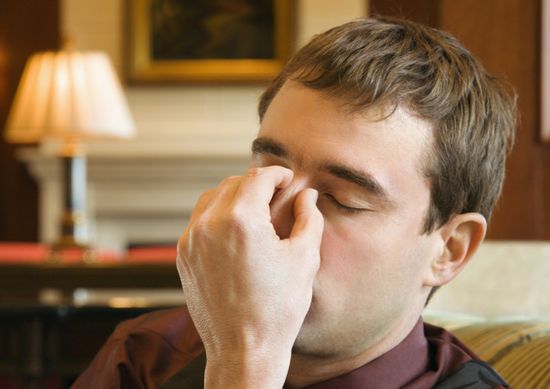
Understanding Sinus Congestion

How does your body know when to secrete insulin?

Yeast Overgrowth

How to Cure A UTI Naturally
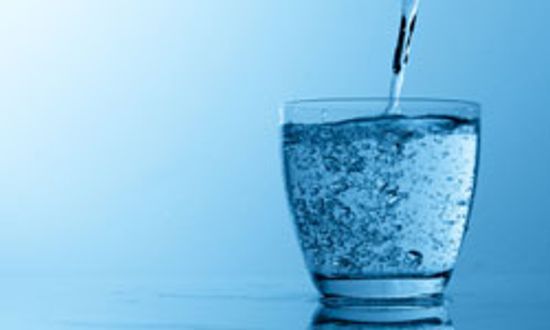
Urinary Tract Infection Lifestyle Tips

Urinary Tract Infection Prevention
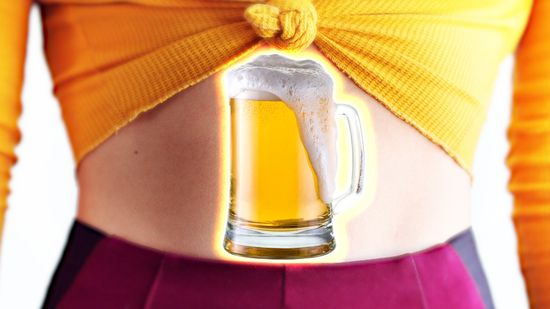
The Curse of Brewing Beer in Your Own Belly
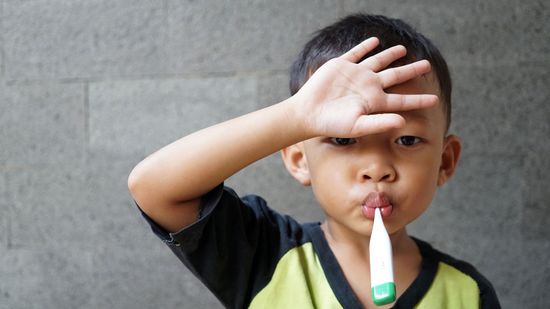
Is the BRAT Diet Still Beneficial?

Crazy Common Things People Swallow (That They Shouldn't)
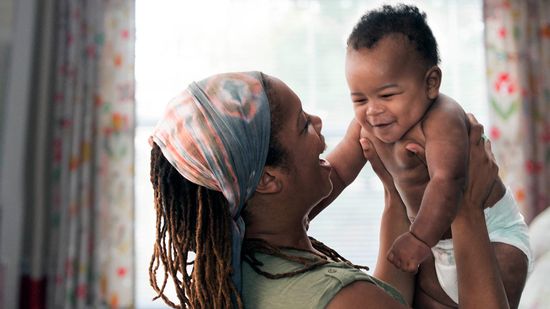
Why Your Baby Could Be Giving You Mommy Thumb

How Whole-Body Cryotherapy Works

How to Relieve Sciatic Nerve Pain
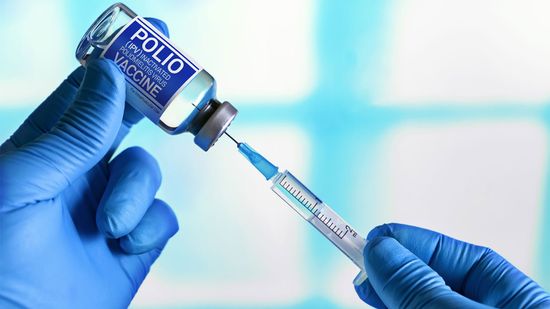
Is Polio Back? Here's What You Need to Know
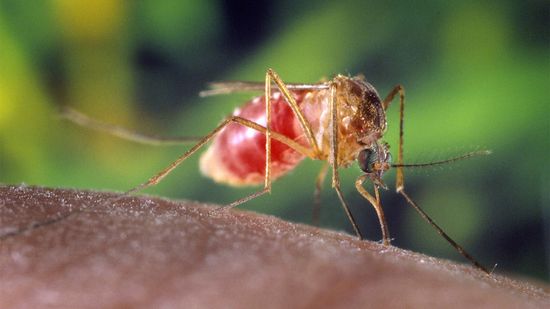
Can Viruses Make You Smell More Attractive to Mosquitoes?
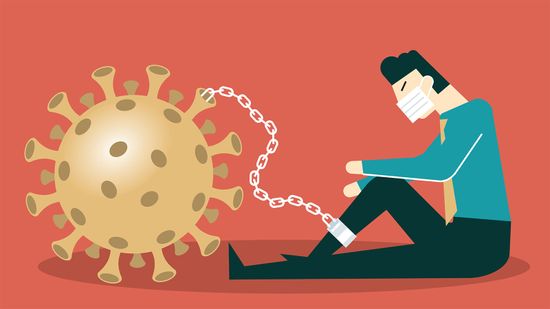
1 in 3 Who Had COVID-19 Have Long COVID Symptoms, Says Oxford Study
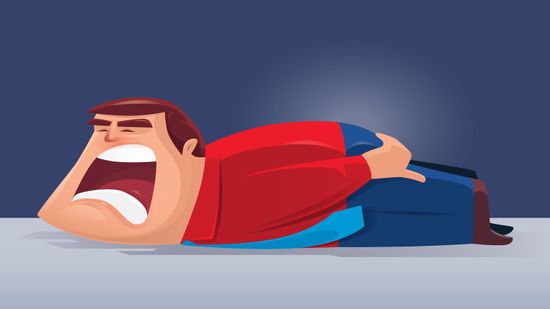
No Joke: Dead Butt Syndrome Is a Real Pain

What the Heck is Tech Neck? How Millennials Could Be the Wrinkliest Generation
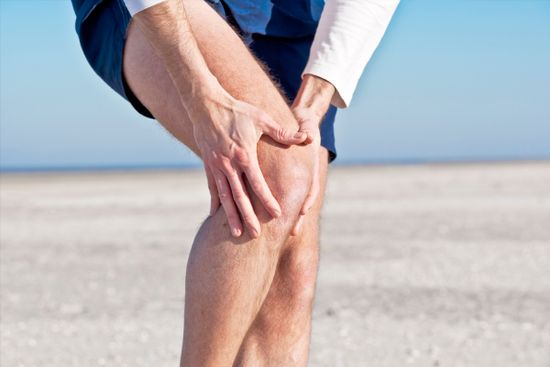
Can you really get a bone infection?
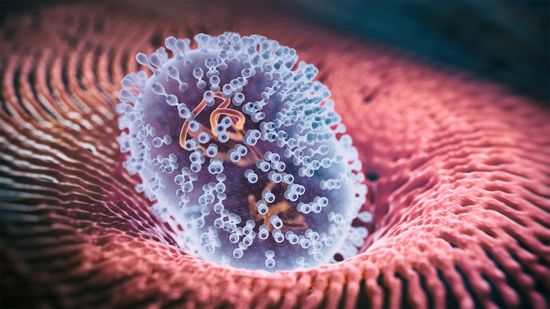
Monkeypox Is a Global Health Emergency, But Don't Panic Yet
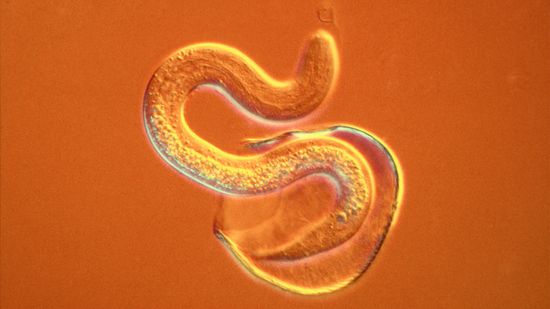
Nematodes: Do We Still Need to Worry About Roundworms and Bare Feet?

Scurvy: The Scourge of the High Seas Remains at Large Today
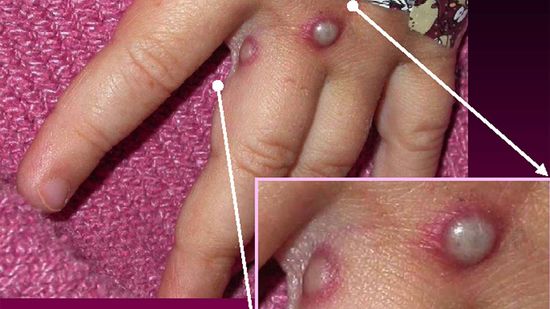
Monkeypox Confirmed in the U.S. and Europe. What You Need to Know
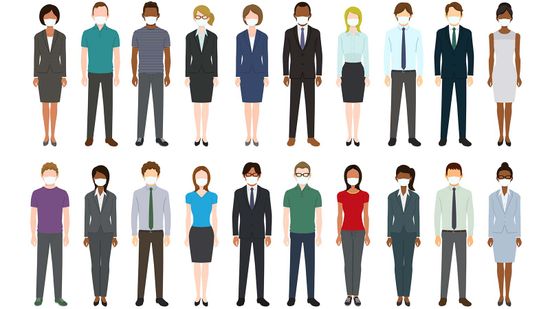
How to Clean and Store Your Cloth Face Mask

How Anosmia, or 'Smell Blindness,' Can Help Pinpoint COVID-19
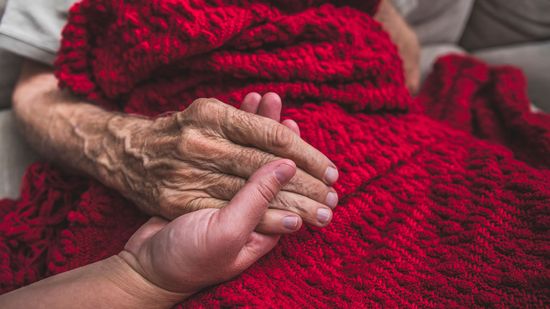
Do People Really Die of Old Age?

The Sarco Suicide Pod: Controversial or Compassionate?
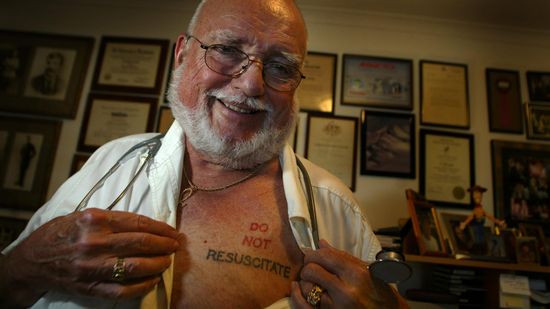
Telling Doctors Not to Resuscitate, by Tattoo
Learn More / Page 5
What are the odds of being struck by lightning? How many people die in car accidents every year? Find out the odds of some common and some unusual death scenarios.
When a long-time spouse dies, it isn't that uncommon for potentially life-threatening health problems to arise in his or her partner soon afterward, or for chronic conditions to take a grave turn. Could broken hearts be to blame?
Planning on hitting golf balls from a small boat under a tree? Probably not after reading this article. But do you know the worst place to be in a thunderstorm?
Advertisement
Just because you don't wrestle alligators or fight bad guys for a living doesn't mean your workplace is safe. Here are 10 of the most dangerous items in an office.
By Chris Opfer
Dedicated, driven and ambitious are words to describe most inventors. So, is it fate or irony that led these five to die by the hands of their own work?
Danger is all around you. Some run from it, while others embrace risk and potential peril, welcoming it into their lives in the form of a game.
Water is "the stuff of life," but it can also kill in crazy ways. Check out these five real-life stories with unfortunate endings.
Advertisement
The Cancer Project's latest billboard shows a pack of hot dogs coming out of a pack of cigarettes. At first I thought this was somewhat dramatic but the fact of the matter is that it's a fair comparison.
By Sara Novak
If you're blowing your nose every time you feel stuffed-up, stop. Learn more about blowing your nose less, save on congestion and tissue.
Urinary Tract Infections are common, particularly amongst women, but do we always need antibiotics to clear them up? Learn more about curing a UTA naturally.
Fat on a low cholesterol diet is not bad in small servings, especially if it is the type of good fat. Learn more about controlling your fat intake while on a diet.
Advertisement
You can get rid of gas with simple dietary changes and mild exercise. Learn how to get rid of gas from this article.
Anaphylaxis is a life-threatening condition that can be triggered by allergies. Learn what epinephrine does for anaphylaxis in this article.
A cystic fibrosis newborn screening test is relatively inexpensive. Learn more about the cost of a cystic fibrosis test from this article.
Try home remedies or pharmaceutical medications for quick relief from heavy congestion. Find out about the fastest way to cure heavy congestion from this article.
Advertisement
The life expectancy for someone with emphysema depends on many factors, including the severity of the condition. Learn more about the life expectancy for someone with emphysema from this article.
COPD is a progressive disease that makes it more and more difficult to breathe as the disease worsens. Learn more about COPD by reading this article.
Emphysema is a disease in which air becomes trapped in the lungs, making it difficult to breathe out. Learn more about emphysema in this article.
Pseudomonas aeruginosa is bacteria that infect immunocompromised people, and can cause pneumonia, and chronic respiratory problems in vulnerable people. Learn more about pseudomonas aeruginosa and its relationship to respiratory infections from this article.
Advertisement
Exercise training has many positive effects on people with chronic obstructive pulmonary disease. Learn more about the effects of exercise training on physical functioning patients with chronic obstructive pulmonary disease by reading this article.
If you've ever broken a bone, chances are, it was one of these five. They're the ones we break more than any others in the body.
By Tom Scheve
Emphysema occurs when the small air sacs in your lungs become damaged and destroyed. Learn more about emphysema by reading this article.
There are four stages of emphysema. Learn more about the stages of emphysema by reading this article.
Advertisement
Inflammation in your lungs can cause a condition called pleurisy, and, in very severe situations, an abscess in your lung. Learn what inflammation in your lungs can cause from this article.
The hiccups mean that something has irritated the nerves in your diaphragm, causing a spasm. Read this article to learn what hiccups mean.
